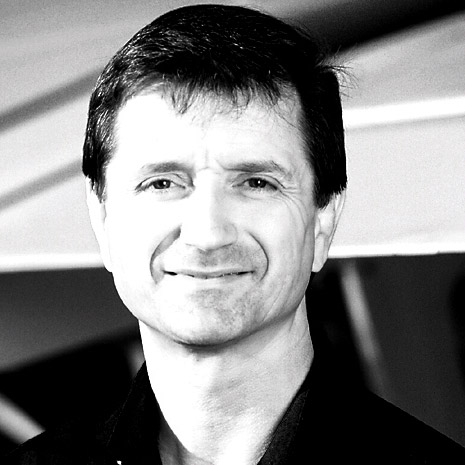Several years ago, while on a long, single-day trip to Grand Forks, North Dakota, I landed in Lincoln, Nebraska, late in the afternoon to refuel.
 Tanks topped and sandwich in hand, I decided that the remaining portion of my trip was doable based on the current weather reports. I taxied my P210 to the run-up area and did something that has always served me well in the cockpit. I decided to decide again.
Tanks topped and sandwich in hand, I decided that the remaining portion of my trip was doable based on the current weather reports. I taxied my P210 to the run-up area and did something that has always served me well in the cockpit. I decided to decide again.
After thinking my trip through one more time, I knew that electing to depart didn’t feel right. It was as if I were of two minds regarding the decision. The rational side of me—my first mind—said that the decision was OK. My intuition—my second mind—thought otherwise, but I couldn’t put my finger on the reason why. Only later did I discover that I was a lot more fatigued from a full day of flying than I had suspected.
Most of the time my intuition supports my departure decisions. But when it doesn’t, I’ve learned to listen. Inconvenient as it was, I packed it in for the evening. Unfortunately, there was a convention in town. Without a reservation, I ended up bunking at an advertised five-star hotel (the stars being the number of celestial objects you could see through the rafters at night and the advertising being false). The next morning, after learning several new constellations, I easily made my way to Grand Forks.
Nearly all of our important cockpit decisions are made on a logical level. We consult our decision schematic, plug in the variables of information, analyze, and act—rationally, we hope. That’s because we’re trained to listen to our first mind, and we are half right for doing so. Our second mind has a voice, too, but it tends to whisper rather than shout. It’s only when we create the opportunity to listen to it that we find it often has something valuable to say.
Deciding to decide again is one way we can pay more attention to our intuition, our gut. Once our rational mind makes a decision, the heavy lifting of evaluation and contemplation is done. The rational side of our mind becomes a bit quieter, making room for the voice of the less dominant—but no less valuable—second mind to emerge.
Take, for example, the pilot who departs IFR into known icing conditions, converts his Cessna into a Frigidaire, and then says to himself, “I knew this was the wrong thing to do.” Without even an introductory waterboarding session, he has willingly confessed to hearing his second mind speak and ignoring its advice. With a little luck, our very naughty iceman cometh down safely, hopefully to contemplate his tachycardia and the error of disregarding his intuitive voice.
While I’d love nothing more than attempting an explanation on how the intuitive mind works, I would need to channel one or more long-deceased French philosophers to do so. This would cause many of you to wish that I were long deceased, too. So we’ll skip that part. It’s not, however, psychobabble to suggest that our second mind often speaks in the language of feeling and emotion.
Here’s an experiment you can do to experience the visceral language of your second mind. The next time you have to make a noncritical decision about which you are conflicted (perhaps a decision on which movie to see or restaurant to visit), do the following. Pull out a coin and before you flip it, let heads be one choice and tails the other. Then, flip the coin. As you lift your hand and the choice is made for you, note your immediate visceral response. Did you feel a rush of pleasure or a pang of disappointment at the result? This is one way to sense what your gut—your second mind—prefers that you do. Of course, what your head—your first mind—wants you to do might be an entirely different matter. Nevertheless, you now have the benefit of listening to two voices instead of one.
Let me be clear here that I’m not advocating flipping a coin as a means of deciding how to fly your airplane. This is simply a nonaviation experiment demonstrating how intuition can make a meaningful contribution to your overall decision-making strategy. Besides, flipping a coin to make aviation decisions only works when you fly solo—otherwise, no one will ever get in an airplane with you again.
Deciding to decide again is a valuable safety tool on several levels. You might, for instance, discover that your logical mind found a wrong branch on the decision tree, leaving you out on a limb. Or perhaps you failed to consider some key piece of information, or didn’t include data that was available (through oversight or wishful thinking). Ultimately, it’s the chance to hear your intuitive mind speak that makes deciding again a particularly useful strategy.
Give your second mind a chance to air its voice, but preferably not in the air. Do this on the ground before departure, where you have the time to listen carefully. Decide, then decide again. Most of the time, both voices will agree. When they don’t, bring out your favorite decision-tree schematic and run through it one more time. If your choice seems sound but your intuition suggests otherwise, it’s a good bet that you’re missing or ignoring something important.
Visit the author’s blog.



